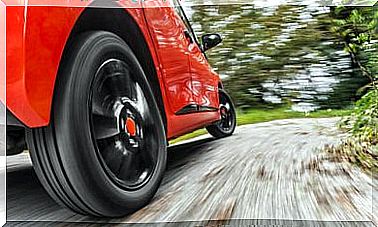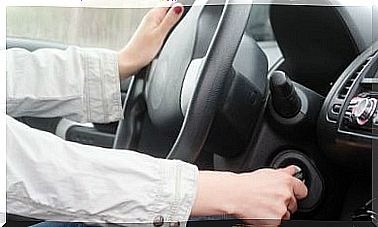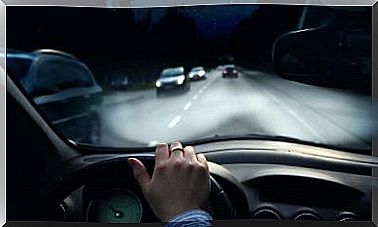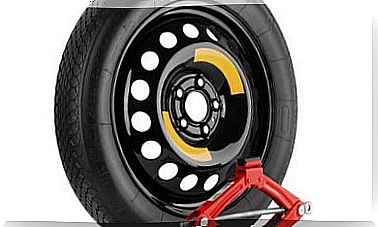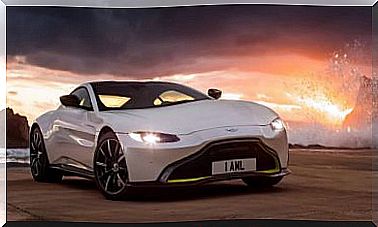What Must Be Taken Into Account When Passing The ITV?

Passing the ITV is a common concern among drivers, especially if you have a vehicle with several years. Let’s see what to watch out for when dealing with it, and what inspectors look for.
What do ITV inspectors look for?
A standard manual available on the Internet is followed at all ITVs. This manual details the points to check on a vehicle, the methods to follow and how to rate each defect found.
The inspectors will check up to ten sections of the vehicle. Among them will be the main data, such as registration number and chassis number. On the outside, the mirrors, the windows and the status and legibility of the license plate will be checked.
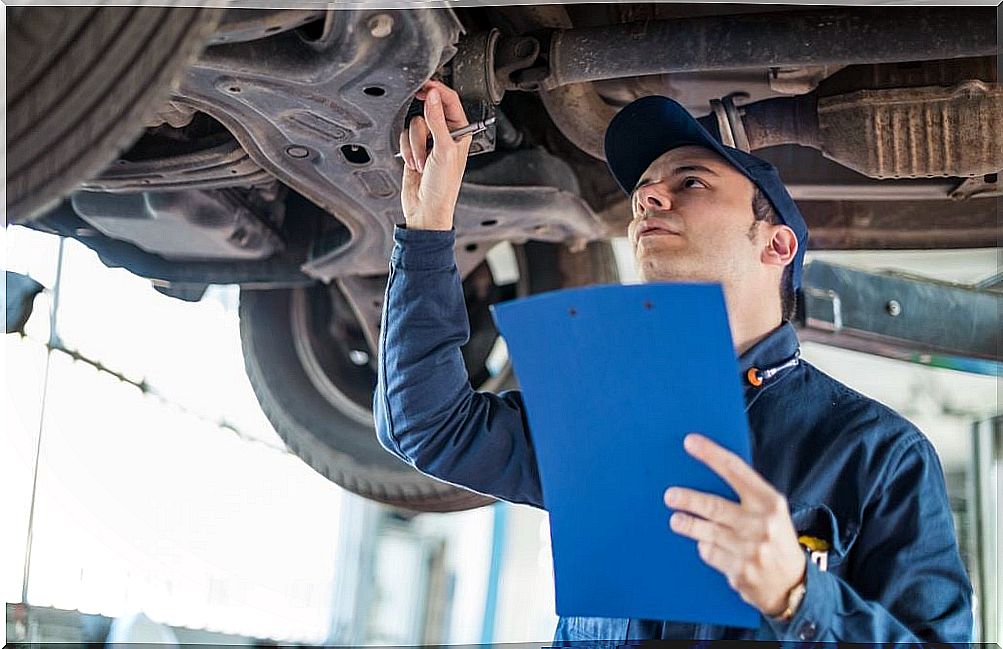
Inside, the doors, windows and seat belts are the main points to which they will be fixed. The lighting, the condition of the brakes and tires, the engine emissions, the noise emitted and the existence of possible leaks will also be checked.
After analyzing the vehicle, the inspector will issue a report which will reflect the faults found according to their severity. With minor faults the inspection can be passed, but serious or very serious faults must be fixed. We have two months in this case to re-submit the car for inspection at the ITV.
In what order is the vehicle checked?
The steps to be followed by the ITV inspector have a certain order. First, the driver will be asked for the vehicle documentation. For this reason, the vehicle data sheet and the driver’s license must be kept well.
The inspection of the vehicle will begin with the condition of the exterior and then the interior of the car. Next, emissions are measured, monitoring the exhaust gases to check if they are within minimum and maximum parameters.
After this, the condition of the brakes and the braking capacity of the vehicle are checked. Finally, the state of the suspension and the existence of liquid losses are checked.
Once all these steps are finished, the driver will take a photo showing the vehicle’s license plate, and the ITV inspector will give him the report on the condition of the car.
Tips to make it easier for your vehicle to pass the ITV
- Make sure you bring all the necessary documentation: at the ITV they will ask you for the Vehicle Technical Inspection Card and the Driver’s Driving Permit. It will also be verified that the car insurance is in force, although it will usually be done through the DGT database.
- Check the windshield: bumps and cracks in the windshield are easy to detect and can be considered a serious defect.
- Check the lighting: vehicle light failures are the most common in ITV reviews. Make sure they work properly even if your vehicle is in good condition.
- Defects in the bumpers: check that they are well attached and do not have sharp edges, as this is considered a serious or even very serious defect.
- Vehicle cleaning : vehicle cleaning is not part of the inspection, but it is always a plus for the inspector to start off with a good impression.
- License Plate Status: Reviewers will take a close look at the status of the car’s license plates. Make sure they are securely attached and read without problems.
- Check the mirrors: like other elements of the car, they must be well supported and without breakage.
- Check the windshield wipers: they must be in good condition and with the fluid reservoirs refilled. This will prevent a serious misconduct and a negative report.
- Attention to the condition of the wheels: their diameter must coincide with that which is reflected in the vehicle’s technical data sheet. In addition, its tread must not be less than 1.6 mm deep and, of course, not be cut or distorted.
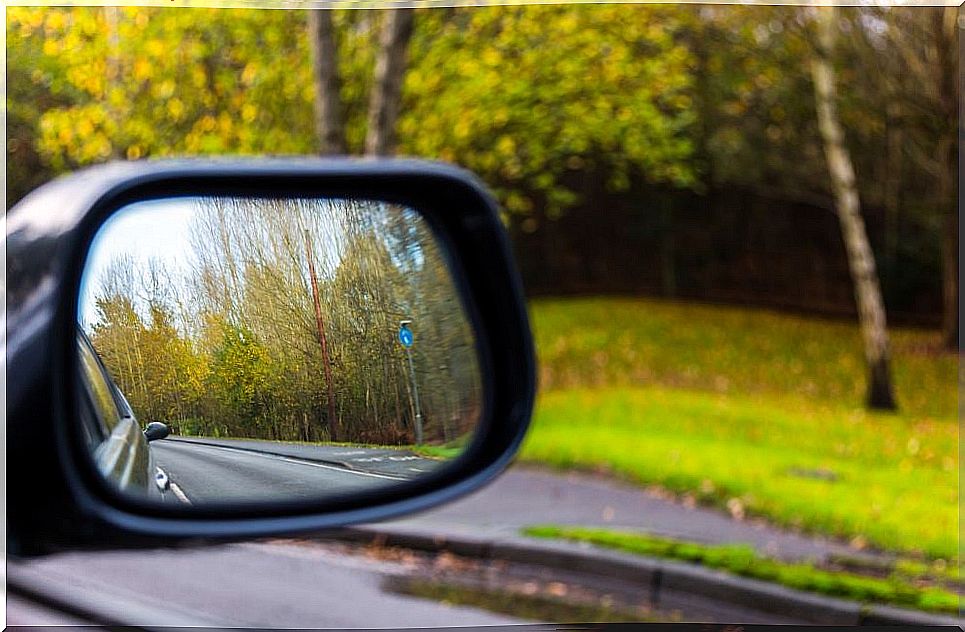
Where is it easier to pass the ITV?
Although there is no official published data on the approval rate for each ITV, there are areas where it might be easier to pass the review.
Communities such as Catalonia, Madrid, La Rioja or Castilla-La Mancha have a reputation for being more lax in their inspections.
On the other hand, the northern regions of Spain, such as Asturias or Galicia present greater rejections.
Even so, it should be taken into account that, although ITVs are regulated according to national standards, each station has its own inspectors. It will depend on your criteria if the car is considered suitable or not.

